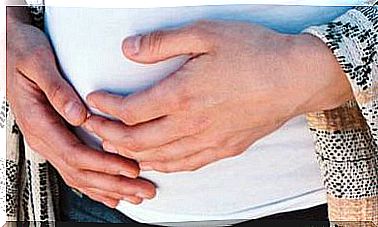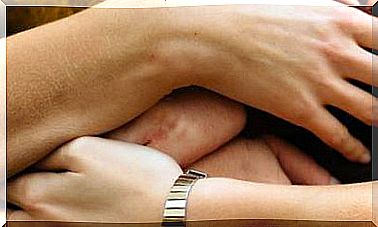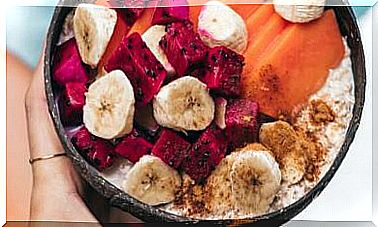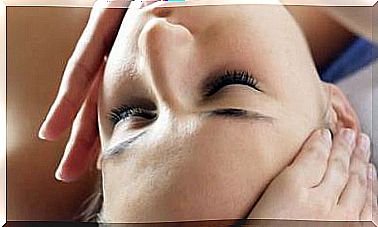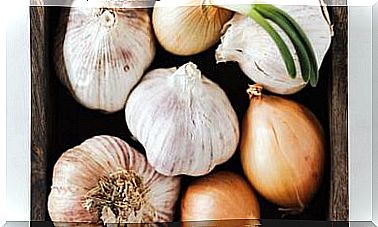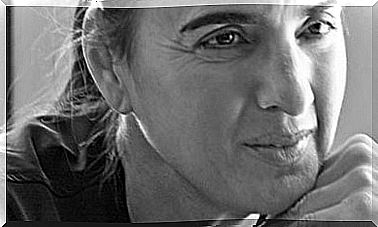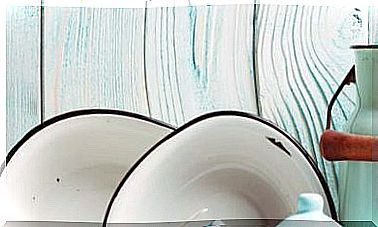“We Must Stop The Use Of Pesticides Now”
Food reaches the table contaminated with pesticides, invisible dressings that kill: 200,000 people a year according to the UN, bees, life ground…
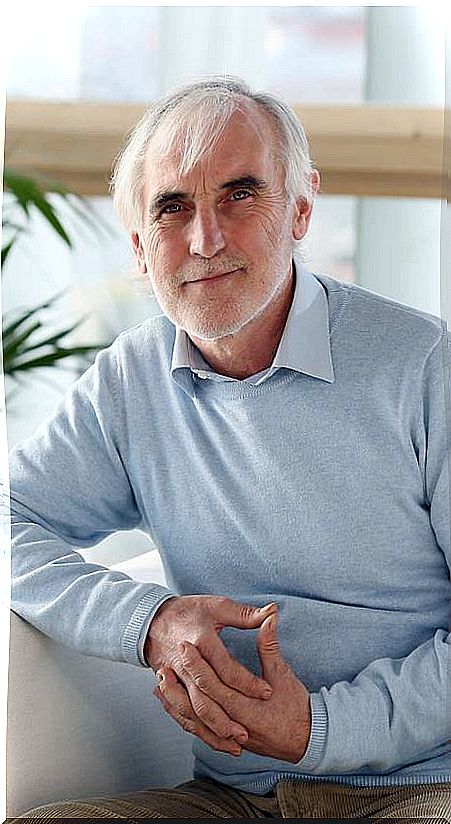
Mariano Bueno is a great promoter of organic farming and healthy and regenerative eating. Organic farming is the way to stop this folly, have quality food and recover the environment. Treating the earth with respect, without intoxicating it with chemicals, is the solution for our children.
Less toxic, more nutrients
Organic farming is the way to stop this folly, have quality food and recover the environment.
First of all, can you tell me about your origins?
I come from a family of farmers in Benicarló, in a very rigid environment. Francoism and repression at many levels, but I was lucky to have exceptional parents. From my mother I have inherited a love for the land and also a certain capacity for narrative, she always has sayings, phrases, metaphors for everything. And that has helped me in my outreach work. And my father was a great philosopher.
Did you also work in the fields?
Yes, yes, in my case, when I was 13 years old, I realized that the learning system of the school did not arouse any interest in me, and that there were many other things that I was passionate about. What fascinated me was the land, the countryside, being a farmer, opposed by my parents, who wanted me to run a profitable career tomorrow.
When I was 14 years old, I decided to leave the institute to become a farmer, with the opposition of the teachers as well. It was clear to me that the land was my thing. I could not imagine the future without being linked to the earth.
Why farmer?
For me it was a very creative task, although now it has been mechanized a lot. Every day was a new challenge, a different task, nothing monotonous, it brought out the best in me and I could express all my creativity. The conflict came later, with the Agrarian Extension, at the time of developmentalism that wanted to indoctrinate us about modern agriculture. During the day we worked in the garden, and from six to eight we went to agricultural training classes, they taught us about inputs that had to be put in, chemical fertilizers, pesticides …
They prepared you to be a “modern” farmer …
And there I discovered issues such as the LD50, which was the only test that pesticide manufacturers had to pass to be authorized, which is lethal in rats at 50%. That is, these products were added to their food and if after time no more than 50% of the rats died, they were authorized. But if it generates cancer or other degenerative diseases and those rats don’t die … What happens?
There the conflicts began, I was clear about it, I did not want to produce food that could contribute to making people sick. Then I had conflicts with my parents.
They were already “modern” farmers …
At 17 I became aware that we farmers were poisoning the land and the food we grew and sold. We would send it to Mercabarna with complete peace of mind. I fought with my father, when he saw the sprayer and looked at the pesticide label and saw that it said: “category C”. That means waiting time from application to harvest of a minimum of 30 days.
It seemed all controlled …
We were harvesting tomatoes every two days, we harvested in the morning, we sulfated in the afternoon and two days later, a new harvest was going to Mercabarna. Ethically, I couldn’t do that. There was no awareness that these products were carcinogenic, acted as hormonal disruptors or other substances harmful to health.
How did you live it?
That was a very strong internal crisis, because I enjoyed it when we were still doing traditional agriculture, respectful of the earth, with the cycles of the plants. We looked at the moons, we used manure … We had agricultural practices that, as I have read, we have learned from the Muslim era in Spain, from the agriculture that the Arabs brought us. We went from traditional cultivation techniques to agrochemicals, without assessing the consequences that today are already very visible and verified.
The cost of the industry …
We were no longer producing food for people, but we were making industrial products, “things” to make money. That is today’s agriculture. In Spain, supermarkets sell maximum quantity, minimum quality, minimum price, as long as someone can earn money.
How does your trajectory continue?
At that stage I made a change in my diet: at 17 I became a vegetarian and I overcame the health problems I had. I read in a book that you could eat a diet without meat, I realized that I had never liked meat, I had always rejected it. I also couldn’t bear to help my mother peel the rabbit for paella on Sundays. It was torture for me. But when I read that I could lead a healthy life with a healthy diet, I sensed that it was up to me, that it was good for my body to be a vegetarian.
And then where do all these changes take you?
I went into crisis and I thought there had to be alternatives. At that time organic farming was not known. But I read that something called organic farming was practiced in France, which was to produce food without chemical fertilizers, with organic matter.
And did you go to France?
Yes, when I was 20 I went to France. There I learned more respectful farming techniques and I also went to a spiritual community. I learned other disciplines such as geobiology that have also been part of my personal and professional trajectory, in the line of betting on healthier life options.
You turn back home…
Yes, my parents gave me a farm where I could practice organic farming, and in 1982 I started selling organic food, both in local markets and in the first stores that opened in Barcelona.
A true pioneer ...
Now in hindsight, it is. Almost four decades! There began the seeds of what today is organic farming, a path of hard work, of misunderstanding … Look, in recent years, the land destined in Spain to grow organic food grows from 15% to 20% annually .
Is Spain a pioneer?
It is the largest producer in Europe, ahead of Italy, France and Germany, with almost two million hectares devoted to organic farming. Although we are still far from standing out as consumers, a large part of the production is exported. Even in large supermarkets you can buy organic food. Unthinkable twenty years ago. Cooperative initiatives arise, local producers who sell direct to the consumer. What is clear is that there is a growing awareness that “we are what we eat”, that food is the source of nutrients for our cells, and it is better to know what we really put on the plate.
An expert in healthy eating …
I like the land, but I also like to write and disseminate. I have dedicated part of my career to writing books, some reference in organic farming such as The Ecological Family Garden (RBA). My proposal is to make it easy to grow your own food, both on a large scale and on a piece of land, on a cultivation table or on the balcony at home, it is always possible to enjoy toxic-free food. In my latest book, Natural Food and Health, I tell how quality food regenerates and helps to gain health.
You contribute studies …
Yes. Scientific studies indicate how pesticides are behind many pathologies associated with the reproductive system, nervous system, immune system, respiratory, cardiovascular, … Some types of pesticides, herbicides, act by altering the hormonal system, which is known as endocrine disruptors, and are associated with hormone-dependent cancers such as breast, prostate, and testicle. Even the UN has just published that pesticides kill.
Does the UN recognize that pesticides kill?
Yes, according to the UN study, pesticides kill 200,000 people a year, they are a catastrophe for the environment, and the massive use of synthetic chemical pesticides does not guarantee food safety. The experts of this organization deny that pesticides are necessary to guarantee the world’s food and accuse the manufacturers of “systematic denial of harm” and “unethical marketing”.
How to get out of this?
I share the opinion of the UN, FAO, experts in sustainability and ecology: organic farming is the way to feed the entire population in a way that is respectful of the health of people, animals, the soil, stop this escalation of contamination. Everything we put on the ground ends up in our body, and in that of the bees that are dying from pesticides.
